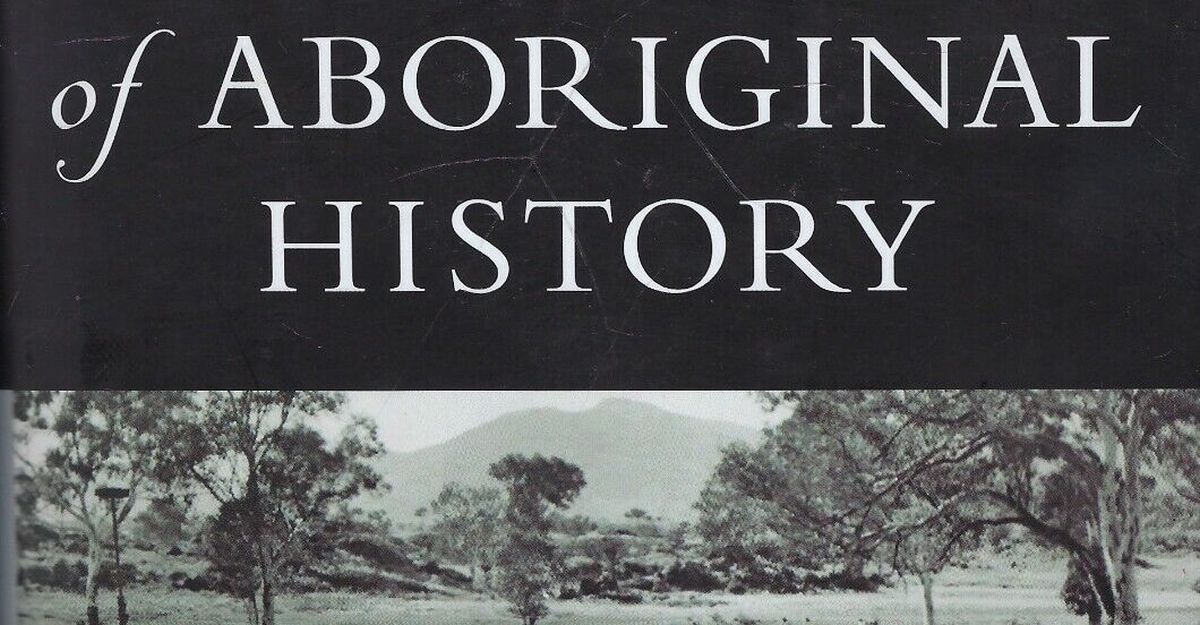silk nest hull
crisp plaits
a deck
cuffs
in flanks
The magistrate speaks with circle-shaped lips.
The witch remains silent but licking her palm and smoothing the left
parting on her hair.
The first witness:
we could smell the lavender and soon the pigs emerged
from the barn and could not look around them.
the animals were running very fast in many directions.
The witch refuses her name of earthly possession.
Magistrate:
why do you continue to baste yourself?
Murmurs from the crowd: the promise of rejuvenation.
Witch:
my speech is not ready for you.
Read the rest of Overland 228
If you enjoyed this poem, buy the issue




